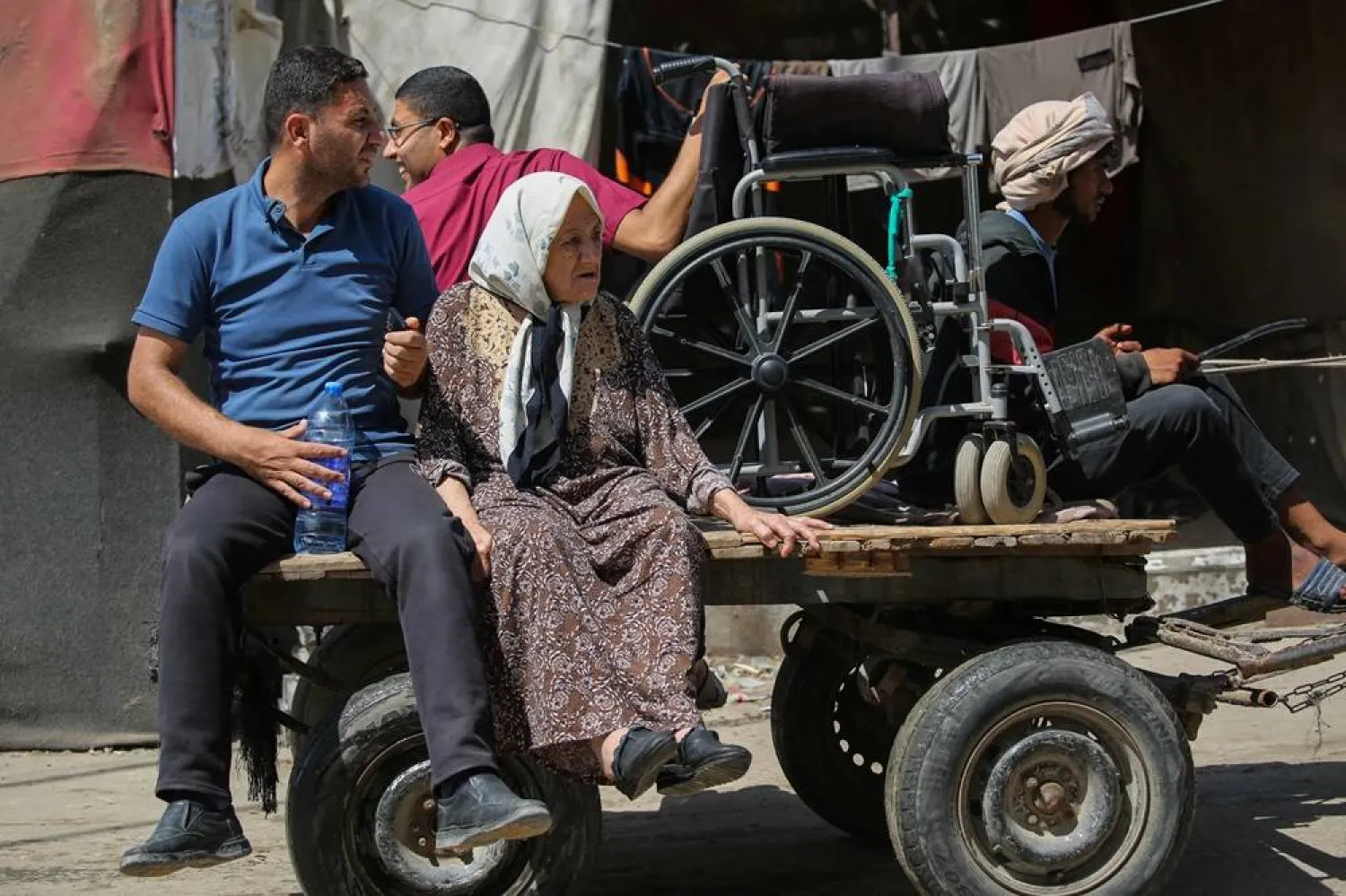United Nations humanitarian aid operations in Gaza ground to a halt on Monday after Israel issued new evacuation orders for Deir al-Balah in the central Gaza Strip late on Sunday, a senior UN official said.
"We're unable to deliver today with the conditions that we're in," said the official, speaking on condition of anonymity. "As of this morning, we're not operating in Gaza."
"We're not leaving (Gaza) because the people need us there," the official said. "We're trying to balance the need of the population with the need for safety and security of the UN personnel."
The official said UN staff on the ground had been directed to try and find a way to keep operating. He said UN operations had not been formally suspended.
The official said the United Nations had relocated its main command operations for the Gaza Strip and most UN personnel to Deir al-Balah after Israel ordered the evacuation of Rafah in the south of Gaza.
"Where do we move now?" said the official, adding that UN staff had to be moved so quickly that equipment was left behind.
"The challenge is to find a place where we can reset and effectively operate," the official said. "The space to operate is being restricted more and more than ever."
The current war in the Gaza Strip began on Oct. 7, 2023, when Hamas gunmen stormed into Israeli communities, killing around 1,200 people and abducting about 250 hostages, according to Israeli tallies.
Since then, Israel's military has leveled swathes of the Palestinian enclave, driving nearly all of its 2.3 million people from their homes, giving rise to deadly hunger and disease and killing at least 40,000 people, according to Palestinian health authorities.









